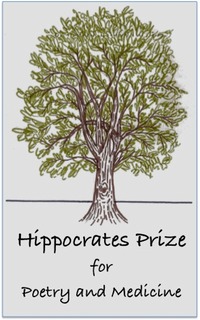 The Hippocrates Prize for Poetry and Medicine was launched at the MacMillan Cancer Centre at University
College Hospital in London.
The Hippocrates Prize for Poetry and Medicine was launched at the MacMillan Cancer Centre at University
College Hospital in London.Entries for the 2016 Hippocrates Prize International and NHS awards close at
Deadline: End of the day on 1st February 2016
If you wish to take part or to let poet friends know about the awards there is still just time: entries for the 2016 Hippocrates Prize International and NHS awards close at the end of the day (midnight in your local time zone) on 1st February 2016. The deadline has been extended for 24 hours in view of technical difficulties with online submission on some platforms.
Entries for the 2016 Hippocrates Young Poets international prize for Poetry and Medicine close at 12 midnight GMT on the 29th February, 2016.
There have already been entries for the 2016 awards from 37 countries and territories from throughout the UK and overseas, from Australia to Zambia.
The Hippocrates Prize is one of the highest value poetry awards in the world with a £5000 first prize both for its Open International and for its NHS Awards.
There is also a £500 prize for the best poem on a medical theme in the Hippocrates Prize for Young Poets.
All awards are for a single unpublished poem on a medical theme.
Awards will be presented at a ceremony in April 2016 in London.
2016 Hippocrates Prize judge Wendy French recently completed a year as poet in residence, working with adult and young patients attending the MacMillan Cancer Centre.
Click here to find out more about or to enter for the 2016 Hippocrates Prize for Poetry and Medicine.
Winning and commended poems are published in the annual Hippocrates Prize Anthology.
Click here to order an Anthology of previous winning poems in the Hippocrates Prize.
 |
| 2016 Hippocrates Prize Launch at the MacMillan Cancer Centre |
Hippocrates Prize organiser and Clinical Pharmacologist Donald Singer said: "Providing psychological support is an important aspect of the new NHS guidelines for end-of-life care. Engaging with health through poetry can provide valuable support for patients and their families."
He added “We are delighted to have such a distinguished panel of judges for the 2016 Hippocrates Prize, which has since its launch attracted interest from over 60 countries."
Poet and Hippocrates judge Wendy French said: "My experience as poet in residence at the MacMillan Cancer Centre shows how patients undergoing palliative care can find helpful support from engaging in poetry. We are very grateful that the MacMillan Cancer Centre has agreed to host the launch of the 2016 Hippocrates.”
The Hippocrates Initiative for Poetry and Medicine – winner of the 2011 Times Higher Education Award for Innovation and Excellence in the Arts – is an interdisciplinary venture that investigates the synergy between medicine, the arts and health.
The International Hippocrates Prize is awarded in three categories:
- an Open category, which anyone in the world may enter;
- an NHS category, which is open to UK National Health Service employees, health students and those working in professional organisations involved in education and training of NHS students and staff;
- a Young Poets Award in the international Hippocrates Prize for an unpublished poem in English on a medical theme. Entries for this award are open to young poets from anywhere in the world aged 14 to 18 years.
Notes for editors
For more on the Hippocrates Prize and the 2016 judges, contact 07447 441666 or email hippocrates.poetry@gmail.com Hippocrates website: hippocrates-poetry.com
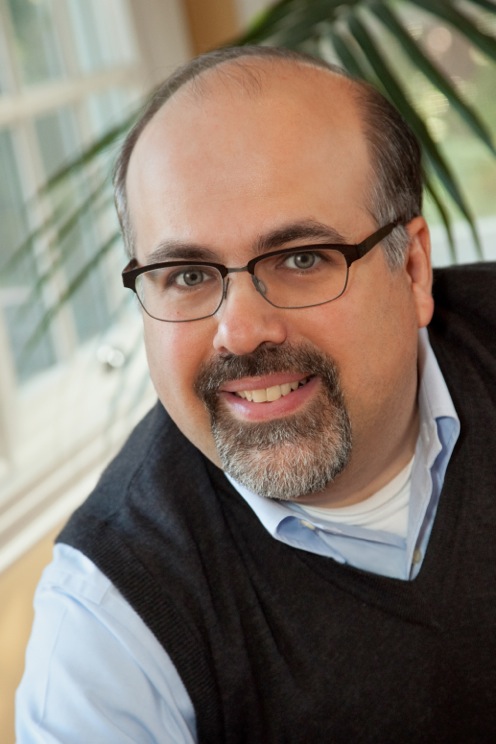 2016 Hippocrates Judges
2016 Hippocrates JudgesRafael Campo is Associate Professor of Medicine at Harvard Medical School and Beth Israel Deaconess Medical Center in Boston. He is the author of eight highly acclaimed books and the recipient of many honors and awards, including a Guggenheim fellowship, an honorary Doctor of Literature degree from Amherst College, a National Poetry Series award, and a Lambda Literary Award for his poetry; his third collection of poetry, Diva (Duke University Press, 2000), was a finalist for the National Book Critics Circle Award, and his fourth, Landscape with Human Figure (Duke University Press, 2002), won the Gold Medal from ForeWord for the best book of poetry published by an independent press.
His work has also been selected for inclusion in the Best American Poetry and Pushcart Prize anthologies, and has appeared in numerous prominent periodicals including American Poetry Review, The Nation, The New Republic, The New York Times Magazine, The Paris Review, Poetry, Salon.com, Slate.com, Threepenny Review, Washington Post Book World, Yale Review, and elsewhere; he has also been featured on National Public Radio and the National Endowment for the Arts website. He has lectured widely, with recent appearances at such venues as the Folger Shakespeare Library, the Library of Congress, and the 92nd Street Y in New York.
His fifth book of poetry, The Enemy, was awarded the Sheila Motton Book Prize for the best collection of poetry published in 2007 by the New England Poetry Club, the nation’s oldest poetry organization. In 2009, he received the Nicholas E. Davies Memorial Scholar Award from the American College of Physicians, for outstanding humanism in medicine; he has also won the 2013 Hippocrates Open International Prize, one of the highest value awards for a single poem in the world, for original verse that addresses a medical theme. His newest collection of poems, Alternative Medicine, was the subject of feature stories on PBS NewsHour and the CBC’s Sunday Edition radio show. See more information at www.rafaelcampo.com.
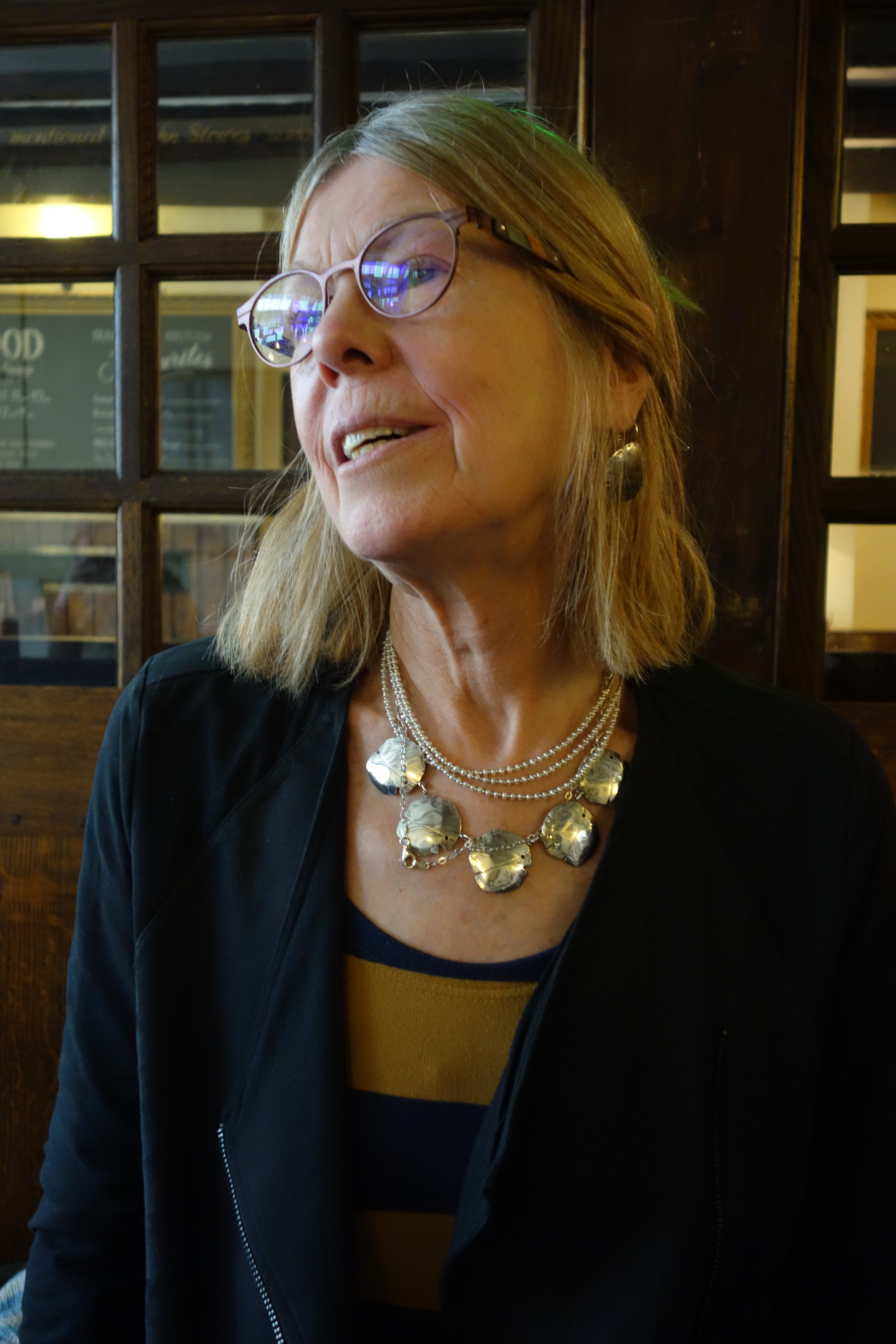
Wendy French won the inaugural 2010 Hippocrates Poetry and Medicine prize for the NHS section in 2010 and was awarded second prize in 2011. She has two chapbooks and two collections of poetry published, Splintering the Dark, Rockingham press 2005, and surely you know this (the title was taken from a Sappho fragment) Tall lighthouse press 2009. Her collaboration with Jane Kirwan resulted in the book Born in the NHS which was published 2013 by Hippocrates press. She has worked for the past twenty years with children and adults with mental health problems and was head of the Maudsley and Bethlem Hospital School. She left this post to concentrate on working with people with aphasia/dysphasia helping them to recover their use of language through poetry. She was Poet in Residence at the Macmillan Centre UCLH from April 2014-2015.
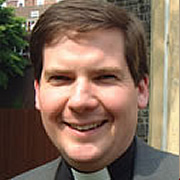 Gareth Powell was appointed in September 2015 as Secretary of the Methodist
Conference, one of the most senior positions of Church leadership in
Methodism. He read theology at Westminster College, Oxford then
undertook ministerial training at The Queen's College, Birmingham,
obtaining an MA in Pastoral Theology before spending time at Graduate
School at the University of Geneva. He as served in Coventry and
Cardiff, where he was university chaplain. Since 2010 he has been a
member of the Council of Cardiff University.
Gareth Powell was appointed in September 2015 as Secretary of the Methodist
Conference, one of the most senior positions of Church leadership in
Methodism. He read theology at Westminster College, Oxford then
undertook ministerial training at The Queen's College, Birmingham,
obtaining an MA in Pastoral Theology before spending time at Graduate
School at the University of Geneva. He as served in Coventry and
Cardiff, where he was university chaplain. Since 2010 he has been a
member of the Council of Cardiff University.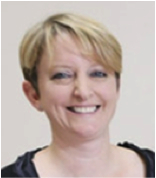
Siân Hughes' first collection "The Missing" (Salt, 2009) was long-listed for Guardian first book of the year, and won the Seamus Heaney prize for a first collection. Her sequence of poems about her mother's breast cancer won second prize in the first Hippocrates awards, and she and her mother Eleanor Cooke continue to write a shared book about this illness as treatments continue today. In 1998 she set up the Young National Poetry Competition when she was working for The Poetry Society and she continues to promote young writers and to work with the National Academy of Gifted and Talented Youth to support the teaching of creative writing. Sian has been poet in residence in Youth and Community Centres, a Youth Theatre, a Health Centre, and is currently poet in residence in a Birmingham school when she is not teaching part time for Oxford University, working in a café or looking after her family.
The UCH MacMillan Cancer Centre
Macmillan and the University College London Hospitals NHS Foundation Trust (UCLH) have combined their expertise to build the UK’s most advanced cancer facility. The UCH Macmillan Cancer Centre supports the growing number of Londoners living with cancer. Over 27,000 people in London are currently living with cancer, and the number is growing. The UCH Macmillan Cancer Centre is the first of its kind in the NHS. It redefines the way cancer patients are treated, using the best diagnostic and treatment techniques to improve survival rates. At its heart is the Macmillan Support and Information Service. A team of skilled Macmillan health professionals and volunteers, from benefits advisors to counsellors and complementary therapists, bringing the highest quality medical, emotional, practical and financial support.
Hippocrates Prize Organisers
Professor Donald Singer is a clinical pharmacologist and President of the Fellowship of Postgraduate Medicine. His interests include research on discovery of new therapies, and public understanding of drugs, health and disease. Professor Michael Hulse is a poet and translator of German literature, and teaches creative writing and comparative literature at the University of Warwick. He is also editor of The Warwick Review. His latest book of poems, Half-Life (2013), was named a Book of the Year by John Kinsella.
The Hippocrates initiative has been supported by many organisations. These include the Fellowship of Postgraduate Medicine, a national medical society founded in 1918 and publisher of the Postgraduate Medical Journal and Health Policy and Technology;
the Healthy Heart Charity the Cardiovascular Research Trust, founded in 1996, which promotes research and education for the prevention and treatment of disorders of the heart and circulation; the Wellcome Trust, the National Association of Writers in Education, the University of Warwick, and many other health professional, literary and cultural organisations.










